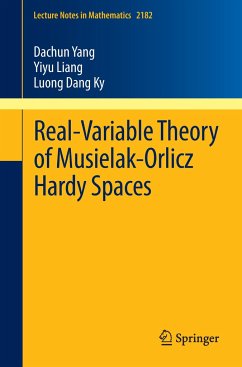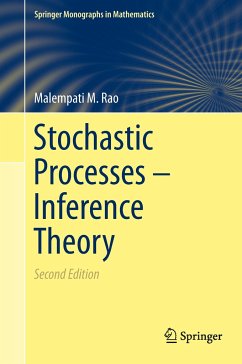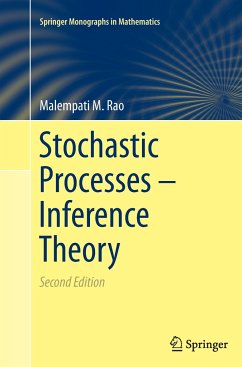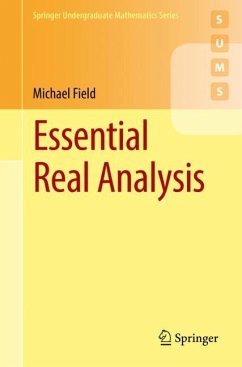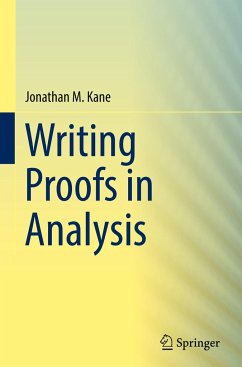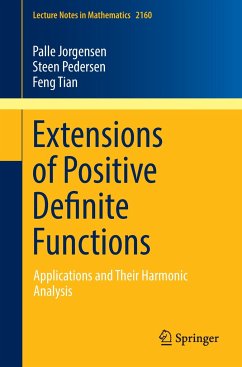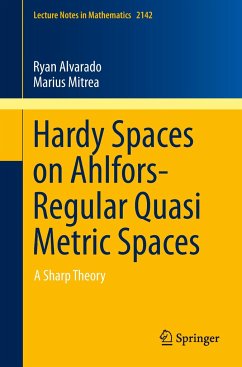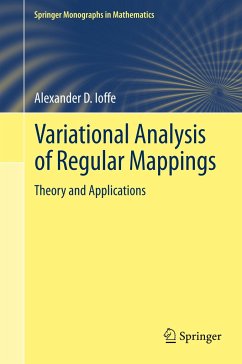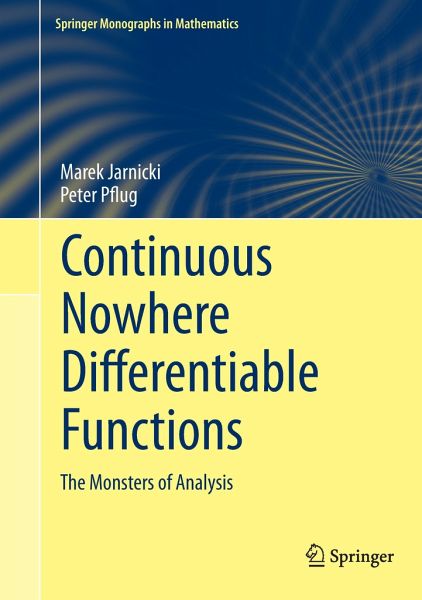
Continuous Nowhere Differentiable Functions
The Monsters of Analysis

PAYBACK Punkte
49 °P sammeln!
This book covers the construction, analysis, and theory of continuous nowhere differentiable functions, comprehensively and accessibly. After illuminating the significance of the subject through an overview of its history, the reader is introduced to the sophisticated toolkit of ideas and tricks used to study the explicit continuous nowhere differentiable functions of Weierstrass, Takagi-van der Waerden, Bolzano, and others. Modern tools of functional analysis, measure theory, and Fourier analysis are applied to examine the generic nature of continuous nowhere differentiable functions, as well...
This book covers the construction, analysis, and theory of continuous nowhere differentiable functions, comprehensively and accessibly. After illuminating the significance of the subject through an overview of its history, the reader is introduced to the sophisticated toolkit of ideas and tricks used to study the explicit continuous nowhere differentiable functions of Weierstrass, Takagi-van der Waerden, Bolzano, and others. Modern tools of functional analysis, measure theory, and Fourier analysis are applied to examine the generic nature of continuous nowhere differentiable functions, as well as linear structures within the (nonlinear) space of continuous nowhere differentiable functions. To round out the presentation, advanced techniques from several areas of mathematics are brought together to give a state-of-the-art analysis of Riemann's continuous, and purportedly nowhere differentiable, function.
For the reader's benefit, claims requiring elaboration, and open problems, are clearly indicated. An appendix conveniently provides background material from analysis and number theory, and comprehensive indices of symbols, problems, and figures enhance the book's utility as a reference work. Students and researchers of analysis will value this unique book as a self-contained guide to the subject and its methods.
For the reader's benefit, claims requiring elaboration, and open problems, are clearly indicated. An appendix conveniently provides background material from analysis and number theory, and comprehensive indices of symbols, problems, and figures enhance the book's utility as a reference work. Students and researchers of analysis will value this unique book as a self-contained guide to the subject and its methods.



